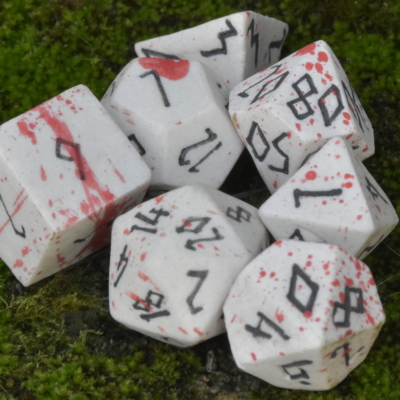Introduction
Handling problem players in Dungeons & Dragons (DND) can be challenging, especially when dealing with Rangers. These characters, known for their versatility and independence, can sometimes disrupt game flow if not managed well. In this guide, we will explore strategies to effectively handle these players, ensuring a smooth and enjoyable experience for everyone involved.
Understanding the Ranger’s Role
The Ranger class in DND is designed to excel in wilderness exploration and combat. They are versatile characters that can adapt to various roles within a party. However, this versatility can sometimes lead to misunderstandings or conflicts if not properly guided.
Tip 1: Set Clear Expectations
Communication is key when handling any problem player. Ensure that your players understand the campaign’s expectations and boundaries from the start. Clearly outline how Rangers should contribute to both combat and role-playing scenarios.
Tip 2: Encourage Teamwork
Rangers often work best when they collaborate with others. Encourage teamwork by creating situations where their skills complement other party members. This not only enhances gameplay but also fosters a sense of camaraderie among players.
Advanced Strategies for Experienced Players
For more experienced groups, consider introducing complex scenarios that challenge Rangers without alienating them. Engage them with puzzles or moral dilemmas that require creative solutions beyond combat prowess.
Trick 1: Tailor Adventures to Player Strengths
Design encounters that highlight a Ranger’s strengths while still maintaining balance within the group dynamic. This approach keeps veteran players engaged while promoting fair play among all participants.
The Bulk 10d10 Assorted Ceramic Dice Set is an excellent addition for any gaming table, providing a tactile and visual enhancement to your sessions.
Conclusion
By understanding the nuances of the Ranger class and implementing these tips and tricks, you can manage problem players effectively while enriching your DND campaign experience for all involved.
The complexities of handling problem players in the Dungeons and Dragons world, particularly those playing as Rangers, cannot be overstated. The Ranger class is known for its versatility and independence, which can sometimes create disruptions or conflicts within the game. Therefore, mastering the art of managing these particular players is crucial to ensure that your gaming sessions run smoothly and are enjoyable for everyone involved. This guide aims to provide key strategies to achieve such effective management.
Firstly, understanding the role of the Ranger is crucial. The Ranger class in DND is uniquely designed to excel in wilderness exploration and combat situations. They are adaptable characters that can fit into various roles within a party, which, while beneficial, can often lead to potential misunderstandings or conflicts if not properly guided. To avoid this, setting clear expectations and encouraging teamwork are key. Ensure that your players understand the campaign’s expectations and boundaries right from the start and clearly outline how Rangers should contribute to both combat and role-playing scenarios. Furthermore, promoting situations where the Ranger’s skills can complement those of other party members can enhance gameplay and foster camaraderie among players.
For more experienced player groups, introducing advanced strategies can further enhance gameplay. Presenting complex scenarios that challenge Rangers without making them feel alienated can keep them engaged and interested. These can include puzzles or moral dilemmas that require creative solutions beyond combat skills. Additionally, tailoring adventures to player strengths can be beneficial. Design encounters that highlight a Ranger’s strengths while still maintaining balance within the group dynamic. This approach not only keeps veteran players engaged but also promotes fair play among all participants. By understanding the nuances of the Ranger class and implementing these tips and tricks, you can prevent disruptive behavior and enrich your DND campaign experience for all involved.
-
Dark Heart Dice Set
Select options This product has multiple variants. The options may be chosen on the product page -
10d6 Assorted Ceramic Dice Set
Select options This product has multiple variants. The options may be chosen on the product page -
Runic Blood Skeleton Ceramic Dice Set
Select options This product has multiple variants. The options may be chosen on the product page





